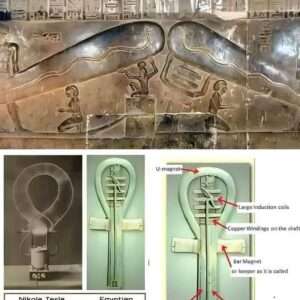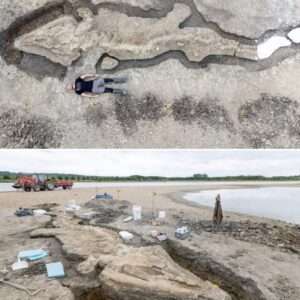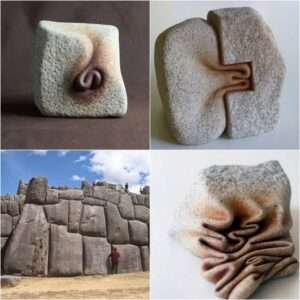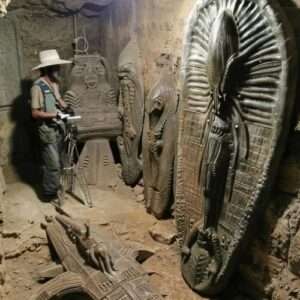Ancient Egypt, known as one of history’s most remarkable civilizations, arose around 3100 BCE on the fertile lands along the banks of the majestic Nile River. The consistent annual flooding of the Nile provided the ideal conditions for agricultural prosperity, enabling Egyptian society to flourish for more than three thousand years.
Ruled by powerful pharaohs such as Ramses II and Hatshepsut, Egypt left a lasting legacy through the construction of awe-inspiring monuments, including the iconic pyramids and grand temples that still stand as testaments to their advanced civilization. Their influence extended beyond architecture, encompassing art, medicine, and literature, with hieroglyphs being one of the most distinctive features of their sophisticated writing system.

Despite experiencing periods of prosperity and decline, Egypt underwent significant transformations and ultimately succumbed to foreign domination, culminating in Rome’s annexation in 30 BCE following the demise of the legendary Cleopatra. The conquest marked the end of ancient Egypt’s sovereignty and ushered in a new era under Roman rule.
The legacy of Ancient Egypt continues to captivate historians, archaeologists, and enthusiasts worldwide, offering a treasure trove of insights into the ingenuity and cultural richness of this illustrious civilization that thrived along the banks of the Nile. From the mysteries of the pharaohs to the enduring allure of the pyramids, the story of Ancient Egypt remains an enduring fascination that continues to intrigue and inspire generations to come.
In conclusion, the legacy of Ancient Egypt endures as a testament to the ingenuity and brilliance of this extraordinary civilization that once flourished along the banks of the Nile River. Despite the passage of millennia, the remnants of their culture continue to intrigue and enrich our understanding of the ancient world, leaving an indelible mark on history that will forever be remembered.





